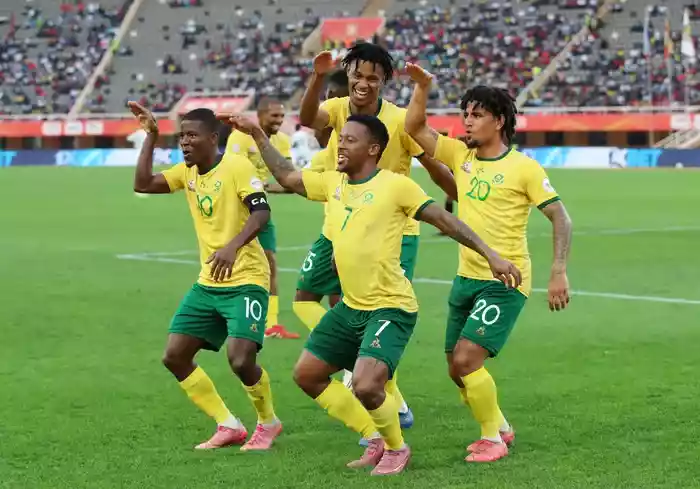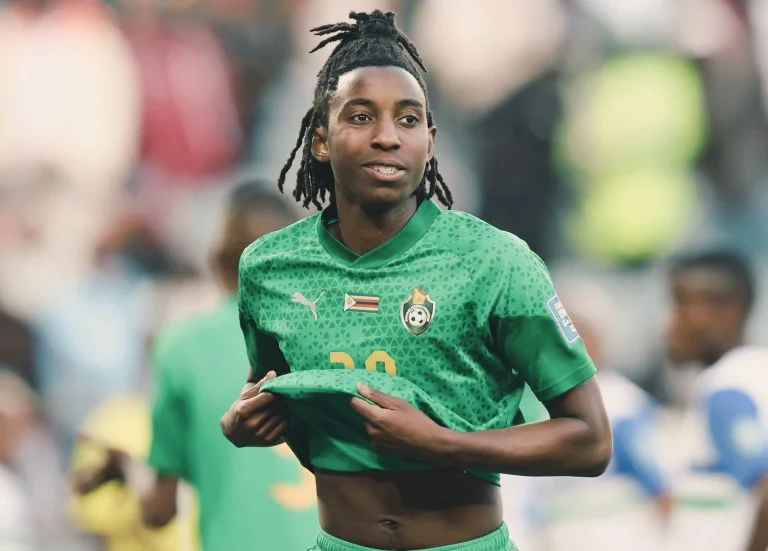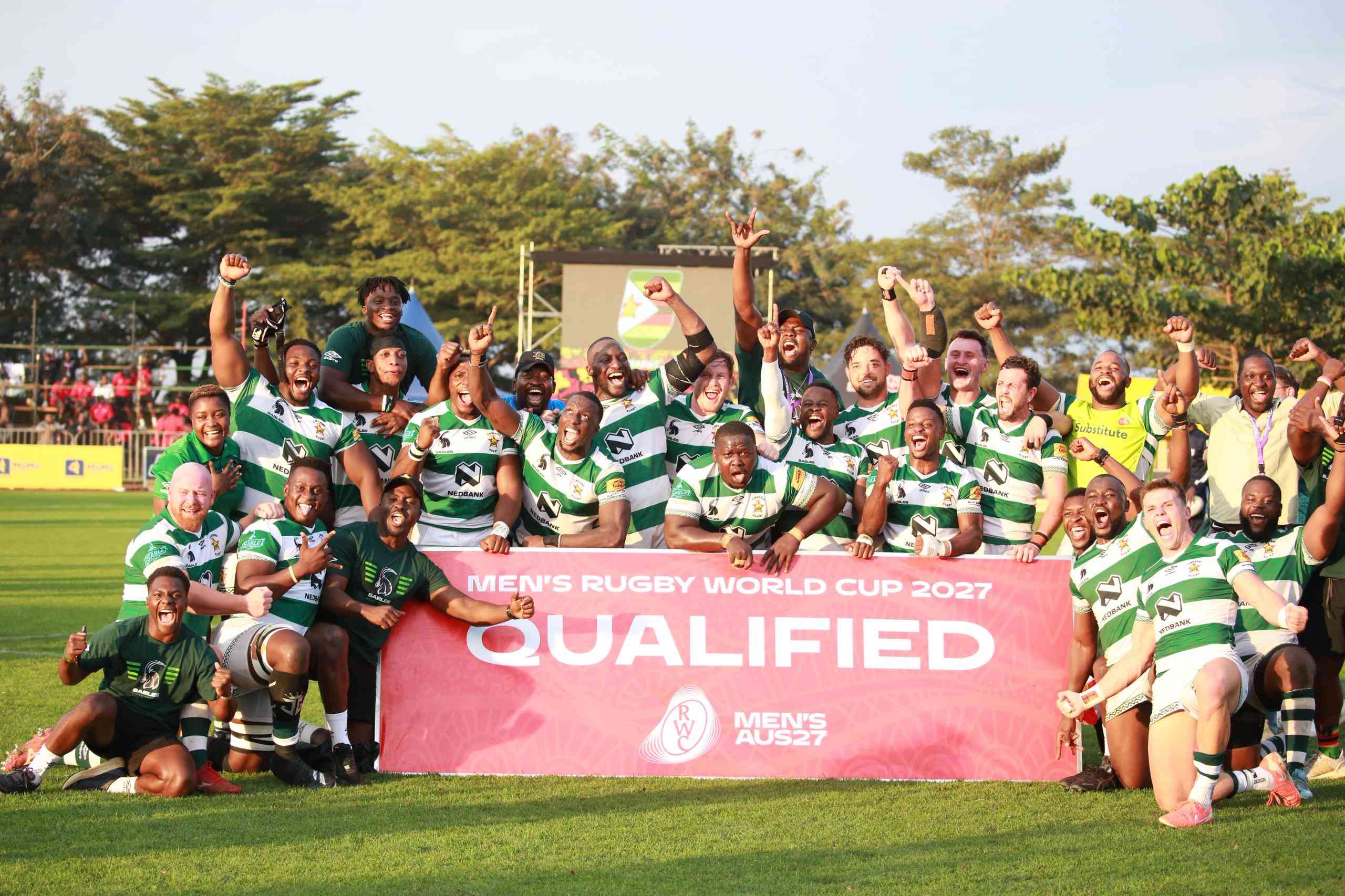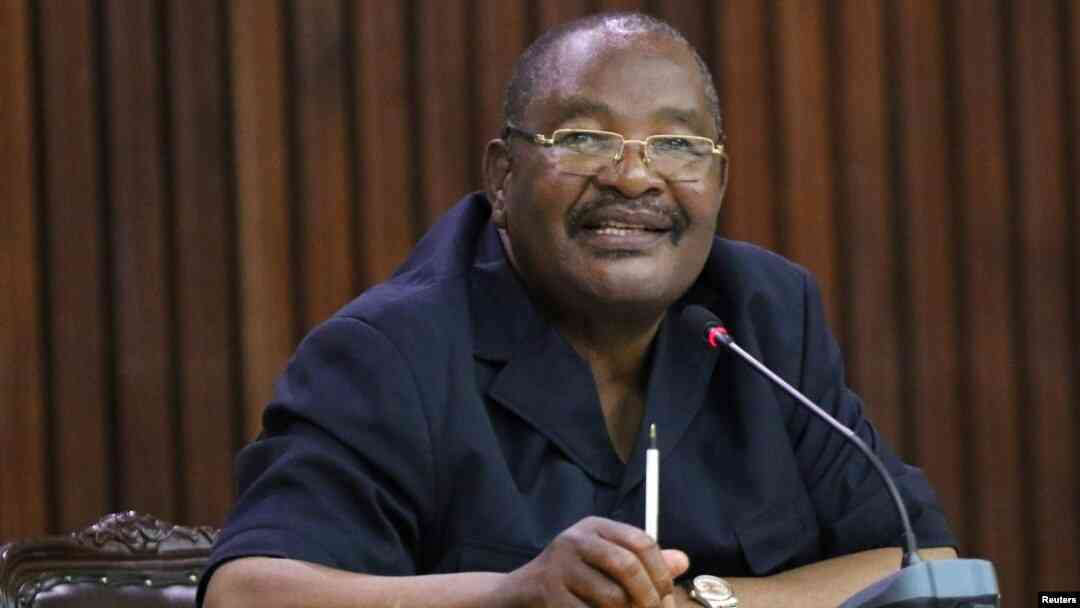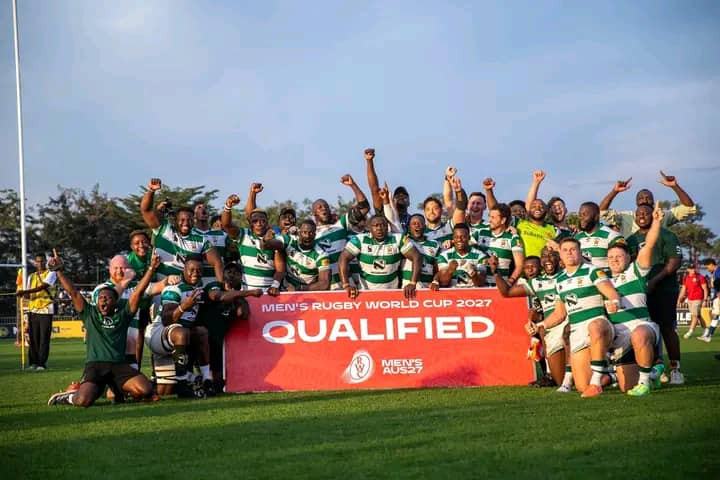
AN interim management committee (IMC) for Zimbabwean rugby, tasked with steering the Sables to the 2027 World Cup and overseeing a sweeping restructuring exercise of the game in the country, is expected to be announced “this week” following the suspension of the national board on Wednesday.
Zimbabwe’s Sports and Recreation Commission (SRC) on Wednesday announced the removal of the Zimbabwe Rugby Union (ZRU) board and executive committee following a leadership vacuum that posed a real threat to World Rugby’s financial commitment to the country’s preparations for the World Cup in Australia in 2027.
The SRC move reportedly has the full backing of World Rugby and continental federation Rugby Africa, after the two ruling bodies were requested to intervene in response to a power struggle that ensued before and after Zimbabwe’s historic World Cup qualification in July.
A highly-placed source on World Rugby’s Council, the organisation’s highest decision-making arm, said on Wednesday that the international body was eager to see Zimbabwe quickly get their act together to unlock funding opportunities early ahead of the World Cup.
“Having been invited in, we understand that this week an IMC will be established,” said the top official.
“It may not be one that is based on propositional representation; it should be one that should be recommended by people within Zimbabwe, who can therefore do the job. Once the IMC is in place, it will look for continuity and introduction of greater professionalism in Zimbabwe.
“Committees will be established, those committees will be functional. For example, our understanding is that the technical committee will be what you have now, untouched. So there is not going to be any vacuum. The fact that you do not have your CEO operating where you were operating before, and other board members, many of whom have been fighting with one another; it doesn’t mean that Zimbabwe is going to stop playing rugby and be non-functional.
“There will be functional committees. The excellent technical team that you have, of (Piet) Benade (Sables head coach), Gert (Smal; coaching consultant), will remain in place. It will not disappear. We need to make sure that everybody who is involved in the tomorrow that we are trying to create today, is fit for purpose.”
- Model shares story about his career
- Model shares story about his career
- Model shares story about his career
- Abused female refs take on Zhoya's accomplices
Keep Reading
The IMC — he commented — will be made up of individuals of good repute.
“There will be a selection of people of impeccable integrity to lead it forward, people without problems with Rugby Africa or anybody else, people who satisfy RA of their impartiality and their professionalism,” he said.
“People who satisfy the people and the Government of Zimbabwe that they are fit for purpose and they can do that job. And ultimately put the structures in place and be in a position to help raise the much-needed money for Zimbabwe to go and be successful at the World Cup.”
The WR official said while power tussles initially led to the involvement of the Dublin-headquartered body, administrative issues within Zimbabwean rugby had also been a cause for concern.
“You can imagine that World Rugby is unlikely to give anybody any form of money when they have bad governance issues,” he commented.
“On top of that, we know that Zimbabwe has been operating through the largess of the trust. The Sables Trust has raised the money, it has the credibility, and it has audited accounts. ZRU has not posted audited accounts, or audited documentation since 2022. It (ZRU) is just not in a state of readiness to be part of the bigger picture.
“Our job is to make sure that nobody discriminates against Zimbabwe. Our job is to make sure that Zimbabwe is well-prepared for the Rugby World Cup finals. Our job is to make sure this becomes the launching pad for greater levels of professionalism in Zimbabwe.
“We all know the trust has been responsible for taking Zimbabwe to the Rugby World Cup finals, we know that. That the winning of the Rugby Africa Cup last year, and this year, was as a result of substantial investment, with time and money, by the trust.”
The World Cup in 2027 is part of a broader strategy to transform the fortunes of Zimbabwean rugby, and the international governing body wants to use the opportunity presented by the ZRU board’s sacking to revamp the structures of the game in the southern African country.
“When everything comes together, a new constitution is accepted and adopted by Zimbabwe,” said the official.
“Then it is that you should be in a position to hold fresh elections and a new kind of leadership is in place to take Zimbabwe forward.”
The WR Council member insisted that the body’s interest in Zimbabwe, post-World Cup qualification, was a necessary step that should not be viewed as direct interference.
“We are not there to determine to Zimbabwe what Zimbabwe needs to do,” he said.
“We just have our benchmark. If you do not qualify (for the World Cup), we can’t provide assistance in the form that we should. We received the letter of invitation from Zimbabwe to come in, analyse and give our recommendations. Which is what we did in accordance with global governance, et cetera, et cetera.
“And I think that is how you reached where you are today, where the Zimbabwe board has been dissolved. Don’t forget, we are not trying to run or set up Zimbabwe rugby as you know it, we are trying to set up a structure that can now engage stakeholders to the point of making sure that Zimbabwe is in a position to go to the World Cup and do well.”
Zimbabwe will be playing in the Rugby World Cup for the first since their last appearance in 1991. The Sables were the only African team in both the `91 tournament in Britain and France as well as the inaugural edition in New Zealand in 1987.
The Sables return to the World Cup when the tournament has been expanded from 20 teams in 2023 to 24 for the next edition in Australia, a measure that has seen emerging side Hong Kong qualify for the first time in their history.
Zimbabwe were winless in their previous two World Cup appearances, losing all six pool games.
Namibia — who went on to qualify from Africa seven times in a row since 1999 until Zimbabwe turned the tables for the 2027 tournament — also have a 100% losing record at the World Cup despite dominating the continent’s single qualification spot for such a long time.
World Rugby’s support for such teams as Zimbabwe and Hong Kong therefore stems from a desire to guarantee that the World Cup expansion doesn’t compromise the level of competition but, in fact, makes Australia 2027 one of the best in the history of the tournament.
“The fact of the matter is that tier-3 countries, even tier-2, require preparation for the World Cup, massive preparation,” said the official.
“It will not be like playing against your neighbours, you are now going to be playing against the world’s best. And the reason why African teams, mainly Namibia, have not done well in the past is the preparation. You don’t have a strong competitive element in Africa, outside of South Africa.
“And how many people can afford to take their teams to go and play in the Currie Cup every year, or something like that? So countries such as Zimbabwe are disadvantaged. World Rugby wants to make sure that there is a super World Cup in 2027 and therefore competitive.
“So it’s not just about the top four or five, six, seven, it’s about all those who enter — being competitive and providing a massive spectacle to all those who are watching. So Zimbabwe now needs to prepare for the World Cup, that is where you require substantial investments, investments which we hope will come from Zimbabwe, from World Rugby.
“Zimbabwe is lucky that it has got an excellent technical team, Benade and Gert, and the rest of the coaching staff. They are a very good technical team. World Rugby will be looking to supplement that so that they have a stronger team, well-prepared for World Cups, to come and work with Zimbabwe. We are going to have to arrange matches, for them to play quality teams, so that they are ready for the Rugby World Cup finals.”


